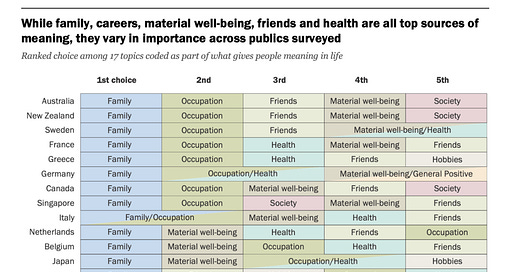The Debatable Land #1: No More Heroes
Hello! Thank you for subscribing to The Debatable Land. This is issue 1 and, as such, undoubtedly a work in progress. We shall see how we go but, ideally, you should receive something from me every week. If you like any of this, please do share and spread the word to pals and family and on the social media platform of your choice.
The New Puritans: Jefferson Must Fall
Of course they would, in the end, come for Thomas Jefferson. How could it be otherwise, for Jefferson was a slave-owner and a sinner and this, in 2021, trumps his role as a founder of the United States. A statue of Jefferson has been removed from city hall in New York and this, I wager, will not be the last time Jefferson is judged by the standards of today and found hideously, even irredeemably, wanting.
If this seems presumptuous it is also in keeping with the spirit of the moment. I hold to the view that it is wholly reasonable to reconsider monuments erected in previous eras but also to the once uncontroversial vie…


